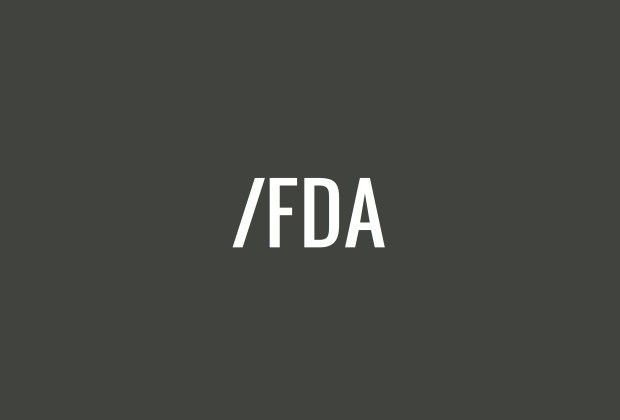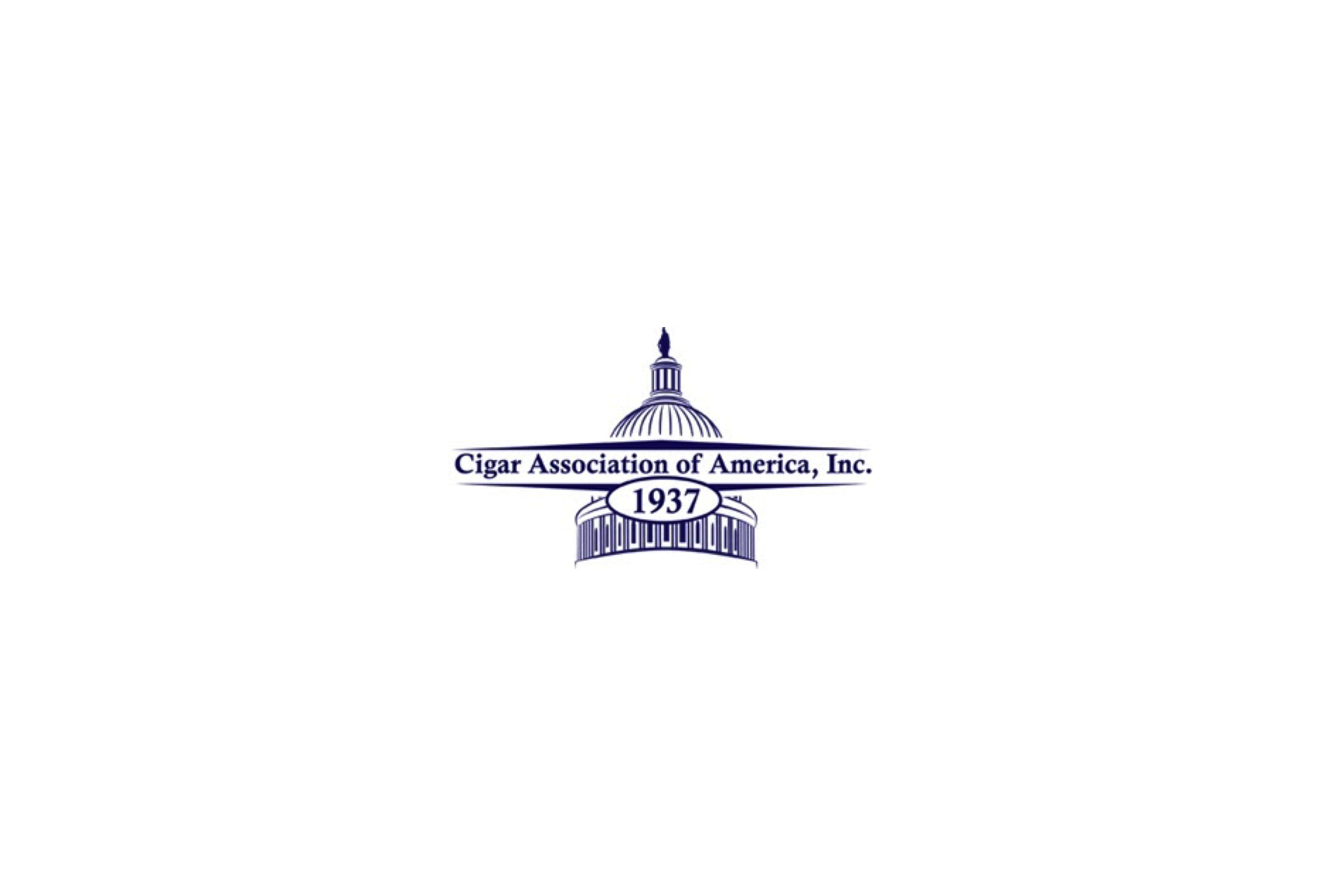The cigar industry is once again asking a federal court to throw out FDA’s regulations of cigars.
In fact, the plaintiffs in the lawsuit are asking the court to evaluate a position that the trade groups have previously argued for. Last week, attorneys for the three cigar trade groups in the Washington, D.C.-based lawsuit Cigar Association of America et al. v. United States Food and Drug Administration et al. asked the court to once again evaluate their Fourth Amendment complaints.
The complaint centers around whether the U.S. Food & Drug Administration (FDA) acted improperly during 2014-2016 when it was considering whether to regulate premium cigars or exempt premium cigars from upcoming regulation.
This is hardly a new issue, but last year the parties agreed to table this specific legal issue because, for a time, it appeared that FDA was nearing a point where it might provide more clarity to the regulations. Rather than continue to spend resources fighting the matter in court, both parties agreed to halt the legal fight over that specific issue in hopes that FDA might provide further updates, which would either change the details of the legal challenge or render the issue moot. The two sides continued to argue over other issues like warning labels, the product approval process and user fees.
Now, the cigar trade groups are arguing that FDA does not appear to act quickly and, as such, they want the court to evaluate their claims of whether FDA acted properly.
The groups hope the court will throw out the rule in its entirety for premium cigars.
These claims are likely to be emboldened given what took place over the summer.
In August, right before a key September deadline was set to go into effect, the Department of Justice announced that FDA was planning to indefinitely delay a major product approval for premium cigars while the agency evaluates the issue further.
Ultimately, Judge Amit P. Mehta of the U.S. District Court for the District of Columbia ruled, more or less, in favor of that plan. Mehta’s ruling requires FDA to go back through the process to determine whether there should be a more streamlined process for premium cigars.
While Mehta’s ruling does not necessarily mean there will be a streamlined process—FDA could go through its reevaluation period and conclude the best way forward is the same process it proposed in 2016—he seemed skeptical of the way FDA came to its decisions.
That will likely be a common theme of the most recent complaint, particularly after an early August hearing where Mehta was rather critical of FDA’s process.
The most recent complaint is once again in front of Mehta.



